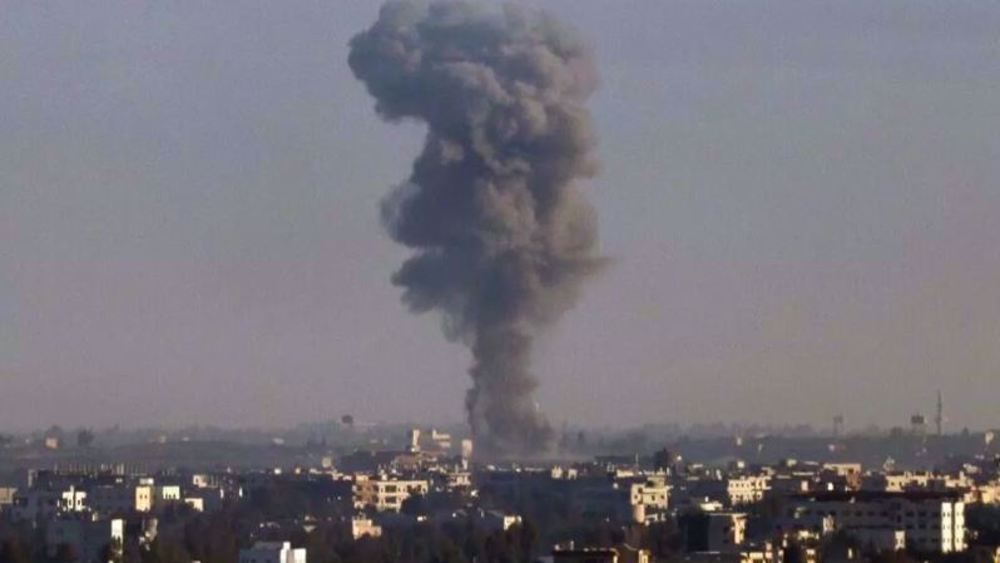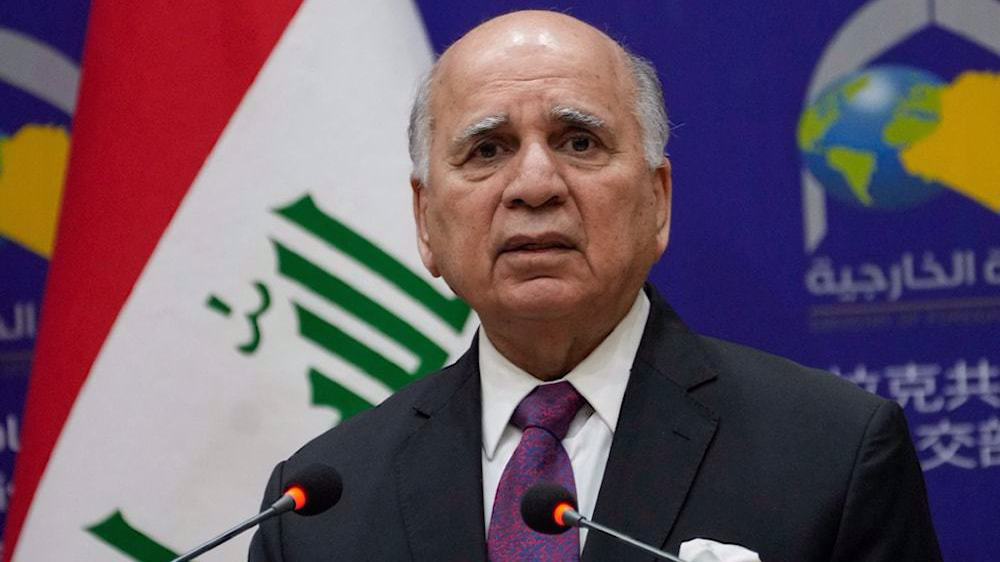Syria fulfills commitments to OPCW on chemicals: Officials
Damascus says it has honored its obligations to the Organization for the Prohibition of Chemical Weapons (OPCW), which monitors the destruction of materials used in manufacturing chemical arms in Syria.
“Syria has accomplished all its commitments according to the agreement and resolutions of the OPCW Executive Council away from politicization being practiced by some member countries,” said Basam al-Sabagh, Syria’s permanent envoy to the organization, on Thursday.
Syria condemns the use of chemical weapons by any country at any time and place, added Sabagh, who was addressing a session of the OPCW’s Executive Council.
The Syrian official also stated that his country welcomes the establishment of a fact-finding committee to launch a probe into the deadly chlorine gas attacks which killed hundreds of people in the conflict over the past few years.

“Syria submitted a number of important documents in December 2014 which confirm that armed terrorist organizations have possessed and used chlorine gas in some Syrian regions,” Sabagh added.
He also lashed out at the Tel Aviv regime for refusing to sign any convention regarding the non-proliferation of the weapons of mass destruction and said the international community to pressure Israel into joining the treaties.
During the session, China and the Non-Aligned Movement member states hailed Damascus’ cooperation with the OPCW, which verifies the adherence of signatories to the Chemical Weapons Convention prohibiting the use of chemical arms.
In September 2013, the United Nations Security Council adopted a resolution to rid the war-torn country of its chemical arms. Under the resolution, the OPCW was mandated to oversee the elimination of Syria’s stockpile based on a timeline after Damascus agreed to join the Chemical Weapons Convention.
In February, The Hague-based body announced in a report that 98 percent of chemical weapons declared by Syria have so far been verified by the OPCW as destroyed.
On March 6, 14 member states of the United Nations Security Council (UNSC) approved a resolution condemning the use of chlorine gas in the violence-ravaged country.
The resolution did not apportion blame on any side for the chemical attacks, but threatened to take action in case of any further violations.

Following the UNSC resolution, the Syrian envoy to the UN lashed out at some Western countries for their attempts to blame chlorine attacks on the Syrian government, saying Takfiri terrorists were behind the cruel offensives.
“The Syrian government has nothing to hide,” said Bashar Ja’afari, adding, "These people [terrorists] are like hyenas. The more they kill, the more they are hungry.”
Russia has also denounced as “biased” the Western media’s interpretations of the recent UNSC resolution, saying the measure merely censures the use of chlorine gas in Syria, without putting the blame on any particular side.
Foreign-backed militancy in Syria
Syria has been grappling with a deadly crisis since March 2011. The violence fueled by Takfiri groups has so far claimed the lives of over 215,000 people, according to reports. New figures show that over 76,000 people, including thousands of children, lost their lives in Syria last year.

Over 7.2 million Syrians have reportedly become internally displaced due to the ongoing crisis.
The Takfiri terrorist groups, with members from several Western countries, control swathes of land in Syria and Iraq, and have been carrying out horrific acts of violence such as public decapitations and crucifixions against all communities such as Shias, Sunnis, Kurds, and Christians.
FNR/MKA/HMV
Jan. 15: ‘Axis of Resistance’ operations against Israeli occupation
VIDEO | US fires: Criticism mounts over govt. failure to respond
VIDEO | Fears, hope in Gaza amid intensified ceasefire efforts
VIDEO | Press TV's news headlines
Hamas: Ceasefire agreement result of steadfastness, resistance in Gaza over 15 months
Hamas thanks Iran, Resistance Front following achievement of ceasefire in Gaza
'Capitulation': Israeli officials and media concede Gaza defeat as truce unfolds
'Gaza has won': Social media users react to ceasefire with mix of relief, joy










 This makes it easy to access the Press TV website
This makes it easy to access the Press TV website